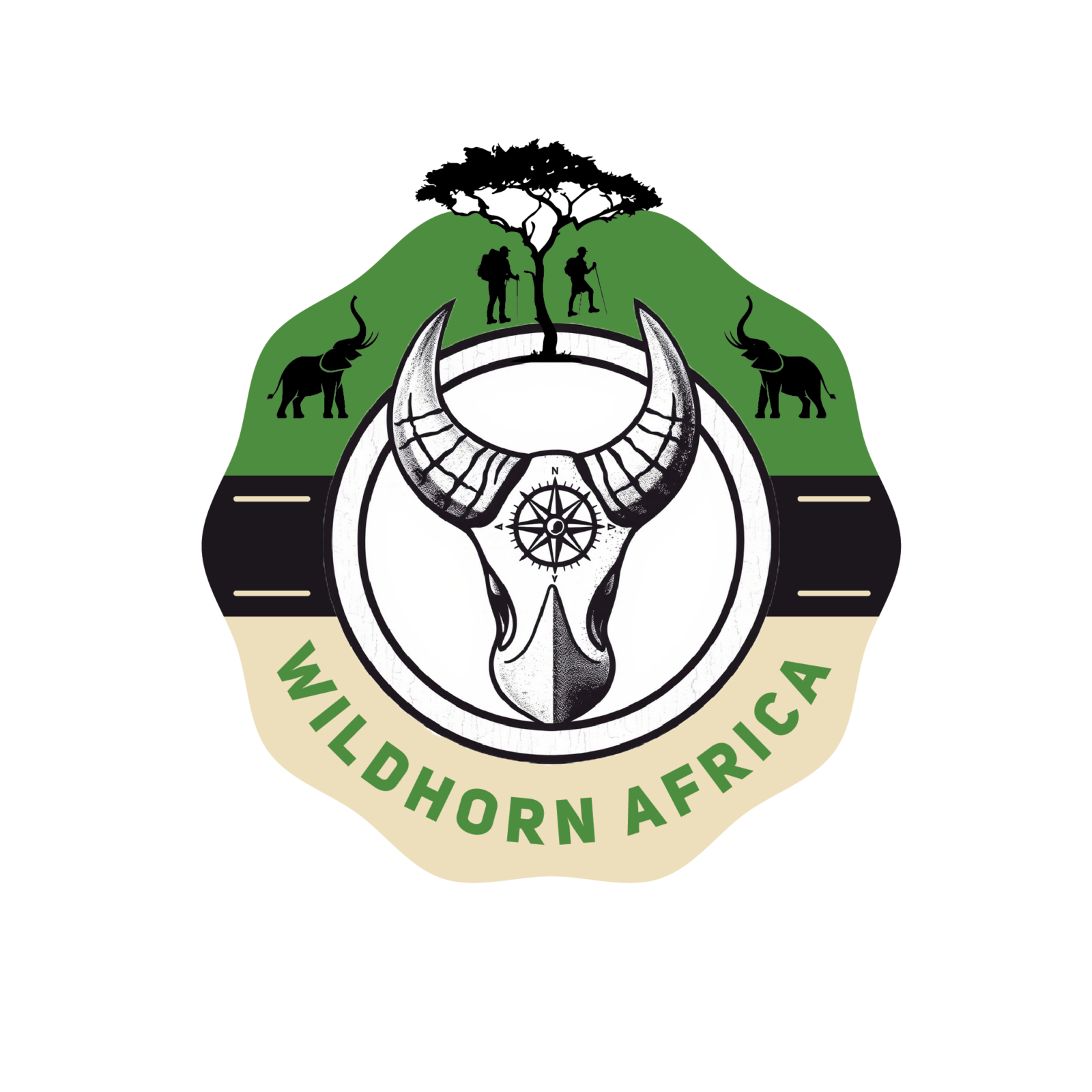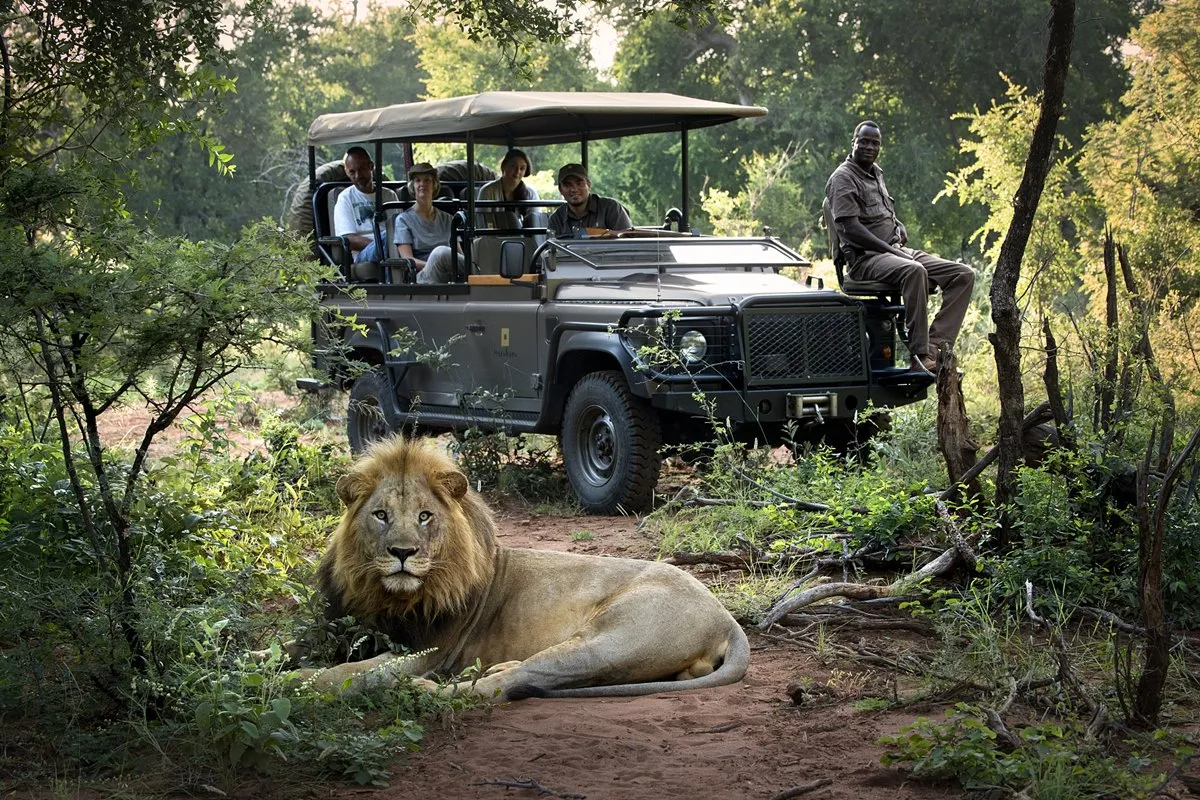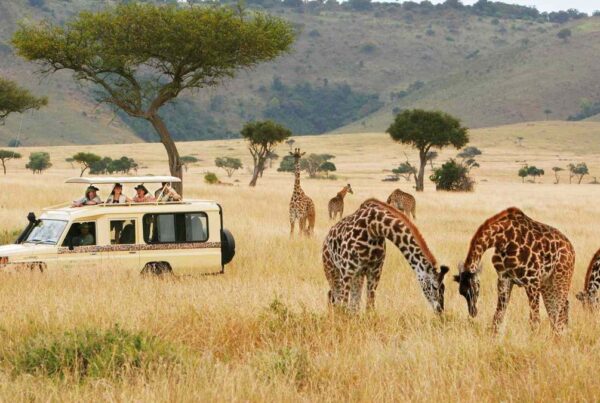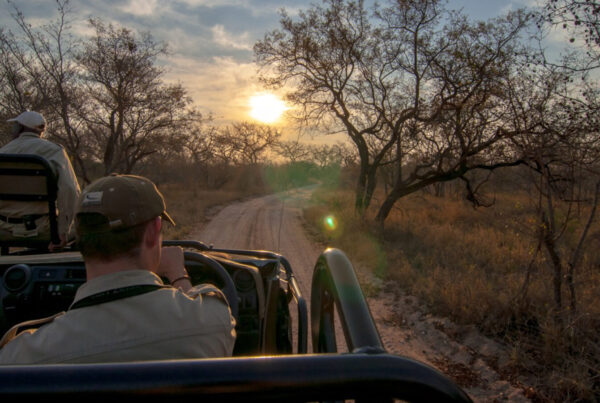Is It Safe to Travel to South Africa in 2026?
South Africa has always held a special place on the world travel map, celebrated for its spectacular wildlife, dramatic coastlines, rich history, and diverse cultures. From the safari plains of Kruger to the vineyards of Stellenbosch and the vibrant streets of Cape Town, the country continues to draw millions of visitors each year. Yet alongside its beauty, South Africa is often framed in the global imagination by questions of safety. For travelers considering a journey in 2026, one pressing inquiry arises: is it safe to travel to South Africa?
The answer is nuanced. Like any destination, South Africa presents both opportunities and risks, but in recent years significant strides have been made to improve tourism safety, enhance infrastructure, and promote responsible travel. To appreciate the true landscape of travel safety in South Africa in 2026, one must look beyond the headlines and into the realities of the country’s tourism industry, government initiatives, community partnerships, and traveler experiences.
Understanding South Africa’s Global Reputation
South Africa’s reputation has long been shaped by its contradictions. It is a nation of breathtaking safaris, world-class lodges, and luxurious coastal resorts, yet also one where crime rates, socio-economic inequalities, and political tensions frequently make headlines. This duality creates a picture that can sometimes discourage potential visitors, who may perceive the risks as outweighing the rewards.
However, the narrative is shifting. By 2026, South Africa’s government, private sector, and tourism bodies have implemented stronger measures to ensure that safety for visitors is prioritized. New community policing strategies, investments in smart technology, and stronger collaborations with local tourism operators have contributed to building an environment where travelers can enjoy the country more securely than ever before.
Safety in the Tourism Corridors
The first point of reassurance lies in the country’s established tourism corridors. South Africa’s most popular destinations—Cape Town, the Cape Winelands, the Garden Route, Kruger National Park, and private reserves such as Sabi Sand or Madikwe—are among the safest areas for travelers. These zones are heavily invested in because they represent the backbone of the nation’s tourism economy.
In Cape Town, increased patrols in the V&A Waterfront, Table Mountain routes, and coastal promenades are making city exploration more secure. The Garden Route, long cherished for its scenic beauty, is now supported by better road safety measures and more accessible medical facilities. In Kruger and its adjoining reserves, tightly regulated parks and professional lodges provide a controlled environment where risks are minimized, ensuring visitors can immerse themselves in safari adventures without fear.
Travelers in 2026 will find that these main corridors are well-prepared to welcome international guests, with safety as a key priority.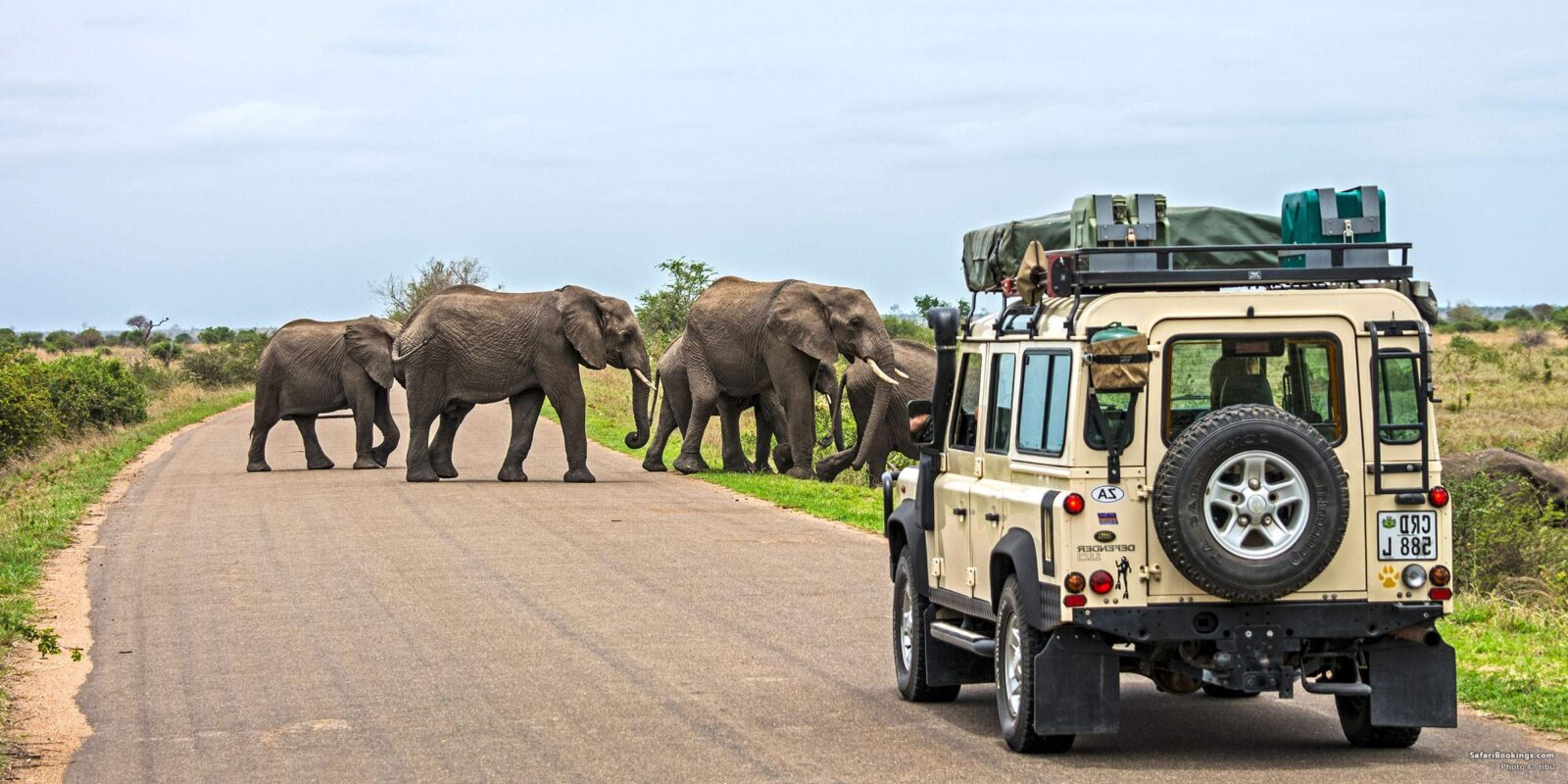
Government and Community Initiatives for Traveler Protection
The South African government, aware of how vital tourism is to the national economy, has placed increasing emphasis on security initiatives. Dedicated tourism police units have been strengthened in major cities and tourist hotspots. Surveillance technologies, including cameras and drone monitoring, are used to enhance urban safety, particularly in high-traffic zones.
Beyond policing, community-driven tourism initiatives are reshaping perceptions of safety. Many local communities now partner directly with lodges, operators, and conservation projects, ensuring that tourism benefits flow into neighborhoods. This reduces tensions between locals and visitors and fosters an environment where communities become active protectors of the tourism industry.
By 2026, these partnerships have matured significantly, proving that tourism is not just about experiences but about inclusive development that enhances stability and security.
Addressing Crime Concerns
It is undeniable that South Africa struggles with crime rates, particularly in urban areas. Johannesburg and certain districts of Cape Town remain places where caution is advised, especially at night or outside tourist hubs. However, most crimes are localized and not targeted at visitors. When travelers stick to recommended areas, use registered guides, and follow common-sense precautions, the likelihood of encountering problems is greatly reduced.
What has shifted in 2026 is the accessibility of accurate, real-time information. Apps and online platforms now provide travelers with updates on areas to avoid, safe routes, and emergency contacts. Hotels and lodges also play a more proactive role in advising and arranging secure transfers, ensuring that guests are not left vulnerable.
The reality is that while crime exists, South Africa is no more unsafe than many other global destinations if travelers remain mindful and informed.
Health and Environmental Safety
Beyond crime, another dimension of safety relates to health and the environment. South Africa has made remarkable progress in improving healthcare access for visitors. Major tourist hubs are serviced by modern hospitals and private clinics offering international standards of care. Vaccination requirements remain minimal, and malaria risk is confined to specific regions such as Kruger and northern KwaZulu-Natal, where prophylaxis and precautionary measures are effective.
Environmental safety is equally important. The risks of natural hazards such as wildfires or drought are real, yet response systems have been significantly enhanced by 2026. Conservation areas now operate with improved fire management systems, and water conservation in Cape Town and other cities is more resilient than in past years of crisis. Visitors are increasingly educated about responsible resource use, ensuring that travel contributes to environmental safety rather than exacerbating risks.
Transportation and Infrastructure Improvements
Traveling safely also depends on infrastructure, and South Africa has invested heavily in improving its transport systems. By 2026, airports such as OR Tambo in Johannesburg, Cape Town International, and King Shaka in Durban are modernized with world-class facilities and heightened security measures.
On the roads, new highway monitoring systems and rest-stop upgrades make self-driving itineraries more secure. The rise of reliable domestic airlines and luxury transfer services reduces the risks of long overland drives, especially for visitors unfamiliar with local conditions.
Rail and bus networks, while still secondary to air and road travel, have also benefited from safety upgrades, making intercity travel a more viable and comfortable option.
The Role of Lodges and Tour Operators
Safari lodges, boutique hotels, and tour operators form the frontline of visitor safety in South Africa. By 2026, these establishments have evolved into not only providers of luxury and adventure but also custodians of guest security. Lodges in private reserves such as Sabi Sand, Phinda, and Madikwe are managed with precision, offering controlled environments where risks are practically eliminated.
Operators arrange secure transfers, maintain emergency plans, and train staff to respond swiftly to any incidents. Many lodges operate with medical facilities on-site or in close proximity, ensuring that travelers are supported in case of health concerns.
In short, the private tourism sector in South Africa has stepped up as a key player in ensuring peace of mind, making it clear that safety is as much about hospitality as it is about protection.
Cultural Awareness and Respectful Travel
Another layer of safety lies in cultural awareness. South Africa is a nation of immense diversity, home to eleven official languages and countless cultural traditions. Respectful engagement with local people not only enriches the visitor experience but also contributes to safety by building positive relationships.
Travelers in 2026 are increasingly guided to immerse themselves in community tours, cultural festivals, and township visits that are organized responsibly. These encounters not only dispel myths about danger but also foster trust and mutual respect. Safety, in this sense, is as much about attitude as it is about infrastructure. Visitors who show openness and humility are often rewarded with warmth and protection from the communities they meet.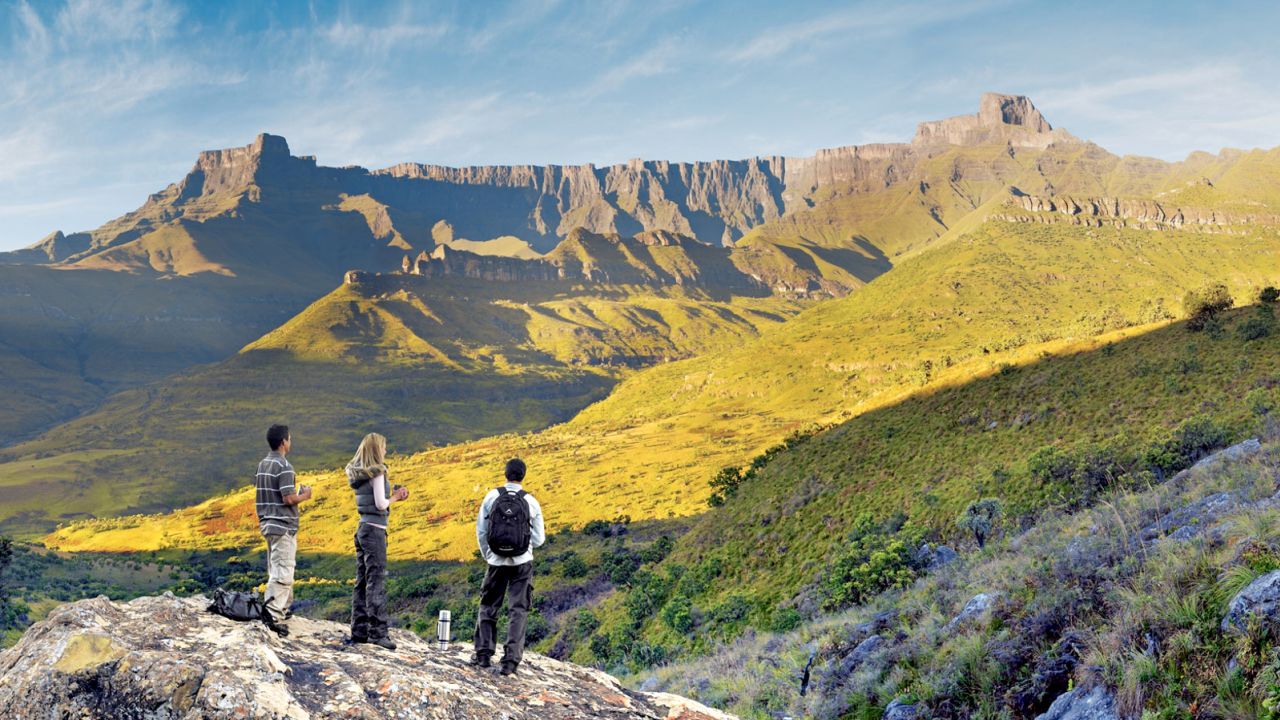
Comparing South Africa with Other Destinations
Safety is often relative, and many travelers question how South Africa compares to other global destinations. The truth is that risks in South Africa are no greater than those in many other popular regions. Cities in the Americas, Europe, and Asia all face challenges of crime, terrorism, or environmental hazards. South Africa’s advantage lies in the transparency of its tourism sector and the investments being made to address these challenges directly.
By 2026, South Africa is presenting itself not as a flawless destination but as one that is actively tackling its issues. This honesty, combined with visible progress, is reassuring for visitors who value both adventure and security.
Why South Africa Remains Worth the Journey
The ultimate question for travelers is whether the rewards outweigh the risks. In the case of South Africa, the answer is a resounding yes. The opportunity to witness lions in the Kruger, to stand atop Table Mountain, to taste world-class wines in Stellenbosch, or to explore the cultural richness of KwaZulu-Natal is simply unparalleled.
The risks, when understood and managed, do not diminish these experiences but instead make them more meaningful. To travel to South Africa in 2026 is to engage with a nation that is dynamic, resilient, and profoundly rewarding. The safety measures in place ensure that visitors can enjoy this beauty without undue concern.
Safe Travel Through Wise Choices
So, is it safe to travel to South Africa in 2026? The answer is that it is as safe as the choices travelers make. By staying within established tourism corridors, using reputable operators, respecting local cultures, and heeding guidance from authorities and hosts, travelers will find South Africa to be as secure as any world-class destination.
The nation has invested heavily in creating an environment where visitors are welcomed not only with warmth but also with safety as a priority. Those who journey here will discover not just landscapes and wildlife but also the confidence that they are in capable hands.
For travelers ready to embrace the adventure, it is recommended to book your Africa tours and safaris through WildHorn Africa, a trusted partner that ensures your journey to South Africa in 2026 is not only unforgettable but also safe, responsible, and seamless.
